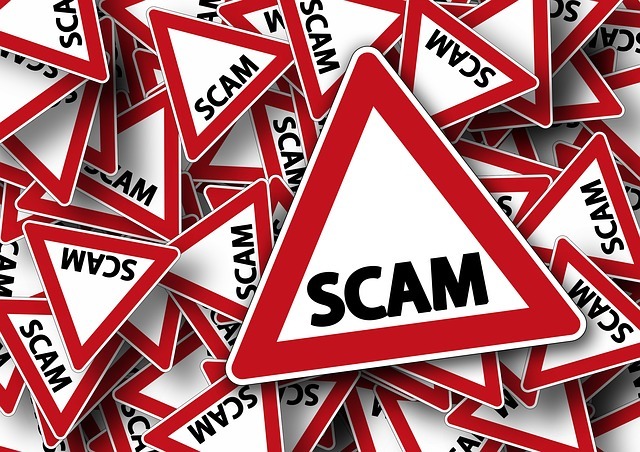The New York Times recently ran a fascinating piece on so-called “lead generators.” These are outfits that advertise heavily online and then farm the resulting business out to often-times unscrupulous cohorts. These cohorts then charge the consumer outrageous sums of money. The focus the article was on locksmiths. It is well-worth reading this piece. However, if you ever search online for any sort of professional help. The way the scheme works is that the lead generators flood Google with hundreds, or even thousands, of web addresses. They have figured out how to game Google’s search criteria to appear at the top of the search results.

In order to appear to be legitimate businesses, some of these lead generators go so far as to create fake locations. This can include pictures of their supposed offices, buildings that do not even exist. These lead generators are so sophisticated, it is little wonder they are able to mislead. I believe that there are lead generators at work in the legal profession. If you search for a lawyer online, you are likely to see advertisements from these outfits. Keep in mind if you click on one these advertisements, you might be routed to a boiler room operation, some of which are not even in the US. Once you sign up with these people, it can be difficult to get rid of them.
To avoid falling into this trap, do your homework. Make sure the lawyer you contact really is local, with a genuine local address. Read his or her reviews online. Does he or she have a phone number with the local area code? Search the lawyer’s phone number to see if it shows up all over the country. Click over to the State Bar for your location and search for this person. Hiring the wrong lawyer can make the already-difficult process of getting disability much worse. You owe it to yourself to be cautious and thoughtful about who you are going to hire to help you.


